Capturing All the Dimensions: Intellectual Property Protection for 3-D Designs and 3-D Printing Methods
More Than Your Mark
AUGUST 20, 2021
At its core, 3-D printing uses computer code in a computer-aided design (CAD) file to instruct specially designed printers to print three-dimensional physical objects one layer at a time. The functionalities and any new and unobvious structures created by 3-D printing technologies may be the subject of a utility or a design patent.


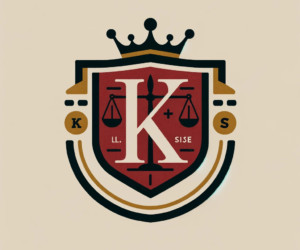
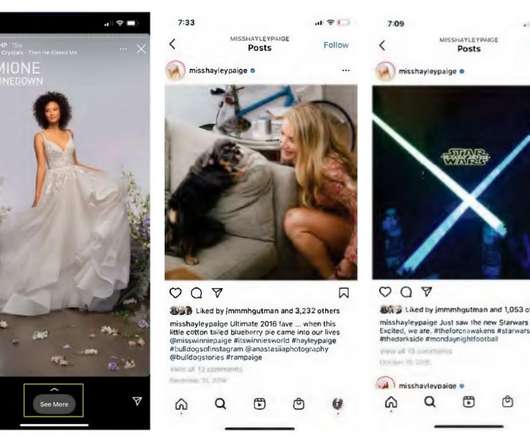

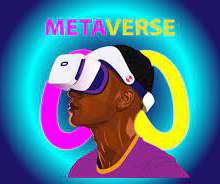
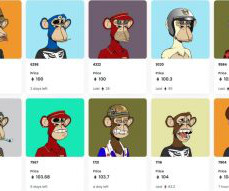

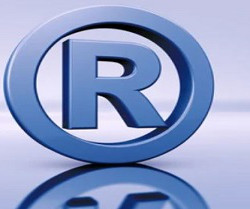

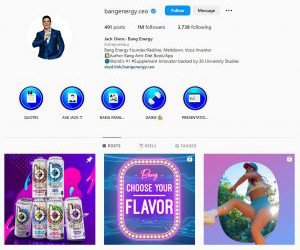




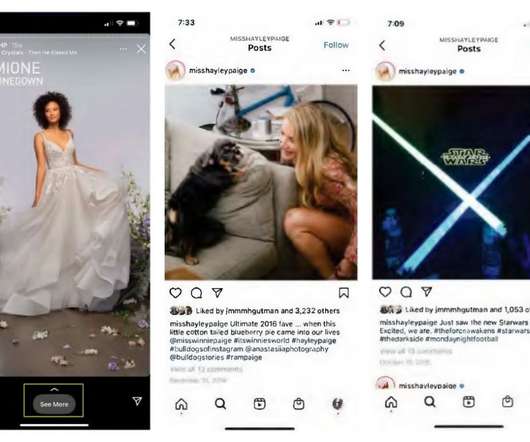








Let's personalize your content